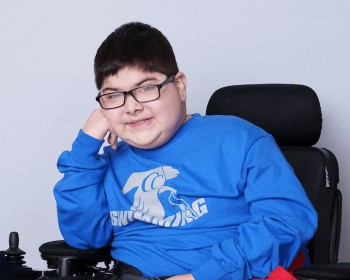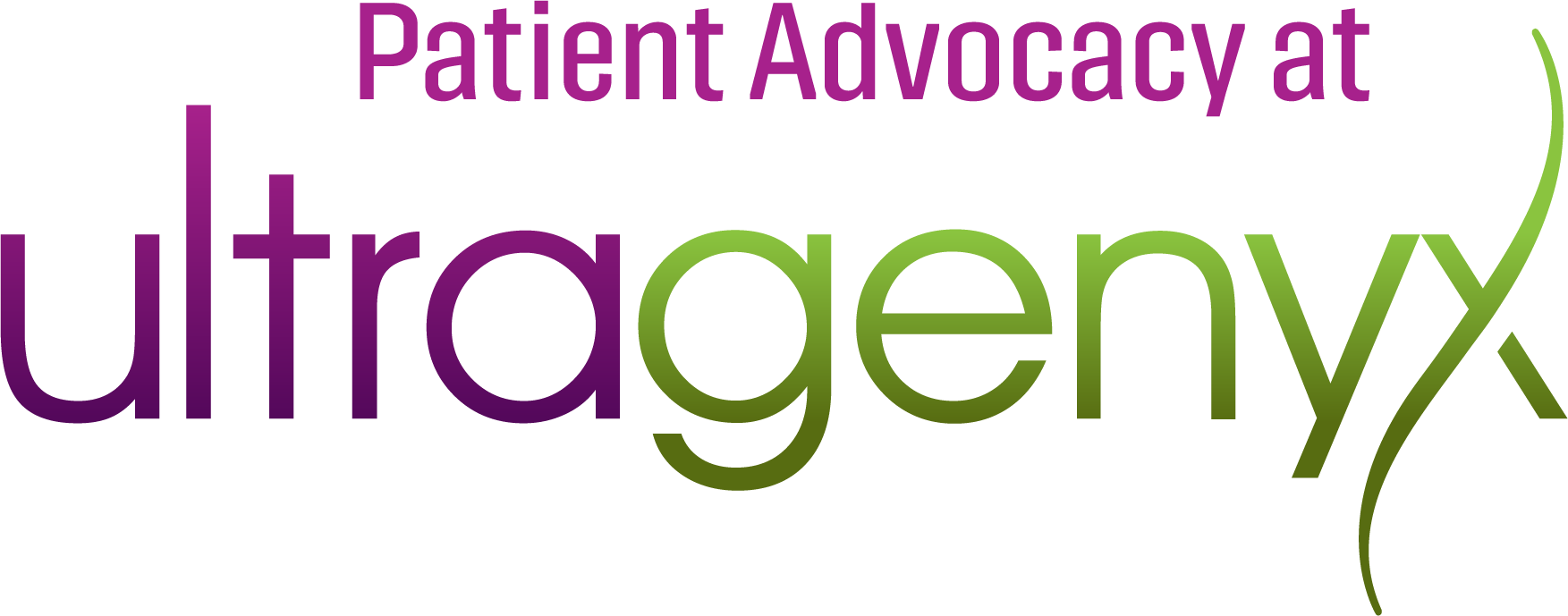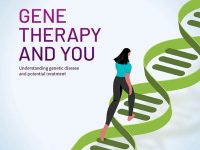Also known as Duchenne/Becker muscular dystrophy, DBMD, pseudohypertrophic muscular dystrophy
What is it?
Duchenne muscular dystrophy (DMD) is an X-linked genetic disorder that affects the muscles, leading to muscle wasting that progresses over time.1
What Causes It?
Duchenne is caused by a mutation (change) in the DMD gene, which provides instructions for making a protein called dystrophin, which connects and maintains muscle cells’ structure. Mutations in the gene prevent muscle cells in the body from producing dystrophin, causing muscle weakness and heart problems.1
What Are Some Common Symptoms?1
- Delayed motor development (taking longer to learn to sit, stand, or walk)
- Enlarged calf muscles (pseudohypertrophy)
- Muscle weakness
- Toe walking or waddling gait
- Using hands to get up off the floor (Gower’s maneuver)
- Progressive enlargement of hear (cardiomyopathy)
- Breathing problems
How Many People Have It?
Duchenne affects an estimated 16 live male births per 100,000 in the U.S.2
Duchenne and Becker muscular dystrophy. MedlinePlus website. https://medlineplus.gov/genetics/condition/duchenne-and-becker-muscular-dystrophy/. Accessed January 6, 2021.
Duchenne muscular dystrophy. NIH: Genetic and Rare Diseases Information Center website. https://rarediseases.info.nih.gov/diseases/6291/duchenne-muscular-dystrophy. Accessed January 6, 2021.
Intended for U.S. audiences only
Participate in DMD Research
To talk to someone and get more information about Ultragenyx clinical trials and research, email [email protected].
We aren’t currently recruiting for research in DMD, but there are other ways to connect and contribute. We’d love to hear your experience. If you would consider sharing your story with us, please email [email protected].
To be notified with the most up-to-date information, sign up for our . Read more about drug development here and engaging with other organizations such as the U.S. FDA here.
Research plays a critical part in advancing science and treatments. Volunteers who participate in this research are essential. Future therapies would not be possible without them. Participating in clinical trials, interviews, observational studies, and disease monitoring programs help to drive research, treatment development, and disease education. It is also a way to advocate for yourself and your community.
Upcoming Community Events
Participate in Events Near YouSep 1
In September, organizations across the country raise awareness about the importance of screening newborns for potential illnesses and genetic disorders. Learn more
Oct 11
Each year, the XLH community works to educate the general public about the condition and celebrate those who are #XLHStrong.
*These organizations are an incomplete listing of rare disease advocacy groups and are not controlled by, endorsed by, or affiliated with Ultragenyx Pharmaceutical Inc. The list is meant for informational purposes only and is not intended to replace your healthcare professional’s medical advice. Ask your doctor or nurse any questions you may have about your disease or treatment plan. If you would like to have your group added to the list, please contact [email protected].
Rare Experiences
View All Experiences
Levi
Duchenne Muscular Dystrophy (DMD)“I have Duchenne, my muscles are different, but I am a lot more than my Duchenne.”

Tiffany and Wil
Duchenne Muscular Dystrophy (DMD)“In the beginning, we focused on what he was going to lose. Once we saw what he provided to those around him, Duchenne became just a part of who he is rather than his whole identity.”

